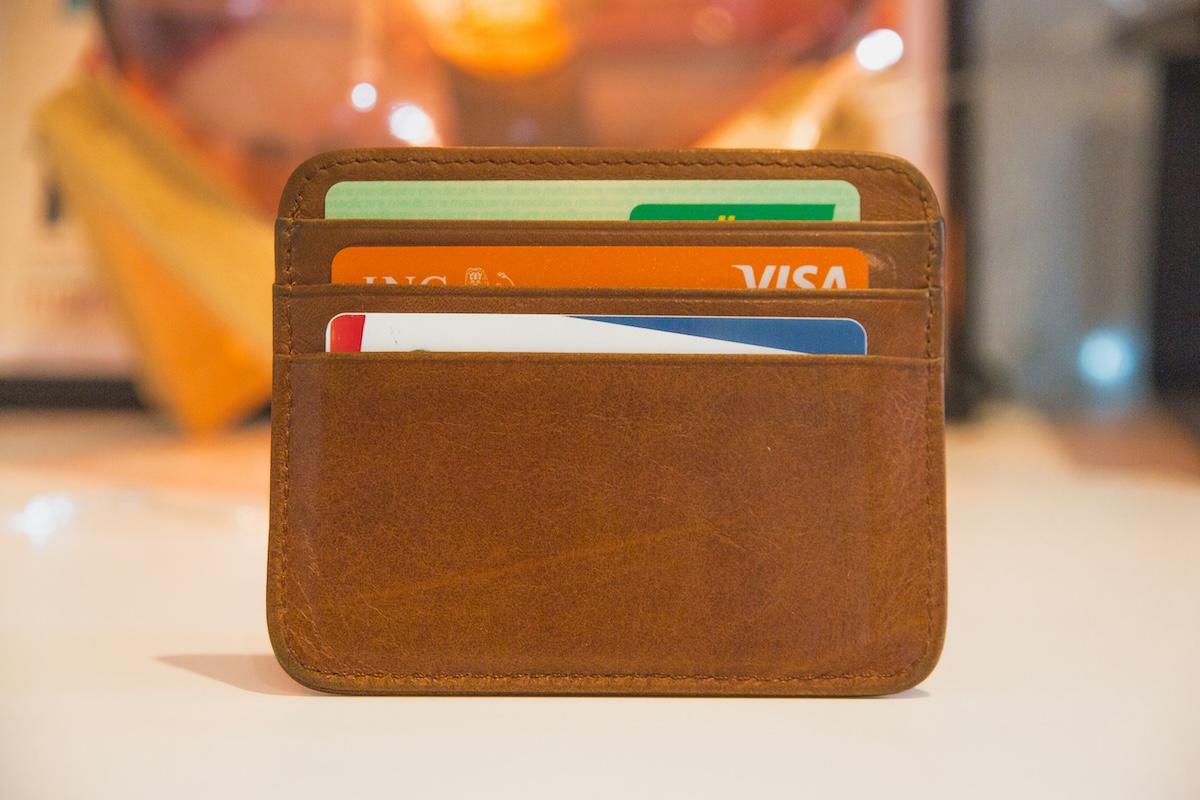

Killing surcharges charged by merchants we pay when we use our credit or debit cards might save individuals $60 a year, but what else could happen in terms of higher prices and even job losses?
The RBA’s plan to save consumers $1.2 billion in surcharge fees on our credit and debit card transactions looks like it’s a typical public service initiative. You know, one that goes with the line: “I’m from the government and I’m here to help.”
In what is a proposal from the central bank, killing surcharges charged by merchants we pay when we use our credit or debit cards will save individuals $60 a year. That’s where the $1.2 billion savings calculation for consumers comes from.
However, small business groups argue that the RBA is fooling itself and said the revenue losses that this change will bring will mean prices will have to go up and/or jobs will have to go to maintain profitability.
Be clear on this: this story isn’t easy to comprehend, and industry players think the RBA’s analysis comes from cloud cuckoo land.
A SMH team of writers explained what the RBA wants to do, and it goes like this: “The RBA, in its review into card surcharges, has proposed a suite of reforms aimed at lowering fees for consumers and merchants, including a lever to force credit card companies and financial players – involved higher up the payments chain – to publish details of fees they impose on businesses.”
In simple terms, the RBA wants to stop fees on card transactions that merchants charge because those fees are supposed to match the costs imposed on businesses by the credit card companies.
While average surcharges are 0.7%, the SMH says the range of slugs on consumers is 0.1% to, wait for it, 10%!
The RBA wants greater transparency on fees being charged. While its research argues that 90% of businesses will be better off if their proposed changes are adopted, business groups are sceptical and ‘hopping mad’ about the implications of these reforms.
The Independent Payments Forum Australia disagrees with the RBA.
“The proposed regulatory options fail small businesses and the local communities they serve. Rather, they benefit big business, big banks and big offshore companies,” forum co-founder Bradford Kelly told the SMH. “This cost is ultimately borne by consumers.”
The Council of Small Business Organisations of Australia (COSBOA) was equally scathing of the RBA’s prediction about a $1.2 billion saving for consumers. “It’s a mirage” he said. “Removing surcharges doesn’t remove all the cost, it simply hides it.
“For small businesses already managing tight margins, this means those costs would have to be absorbed into base prices, making it harder for businesses to be transparent and for consumers to make informed choices.”
The RBA will consult with industry players and small businesses and wants to make changes by July 2026. It looks like we’ll need a year to work out what the truth is behind this fees-fest. However, between credit card providers, the banks that peddle their cards, the platforms that link business sales to consumers cards and the businesses themselves, there’s going to be a lot of bulldust we’ll have wade through to work out who’s right and who’s wrong and who’s screwing the Aussie consumer.
One thing is certain — the consumer is being screwed.